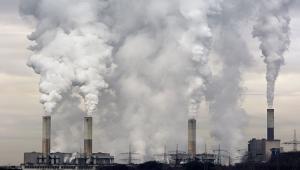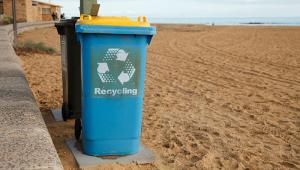The funds will be disbursed via the China Construction Bank to industrial plants belonging to the China National Chemical Corporation (CNCC), the country’s largest producer of PVC and synthetic resins. These plants will then use them to develop and demonstrate the commercial viability of state-of-the-art energy efficiency and emission-reduction projects.
Annika Seiler, an ADB energy finance specialist, said: “The [Chinese] government puts a high priority in reducing the threat to environment and public health posed by the use of toxic substances, including mercury and coal in the chemical industry.
“To date however technical limitations and a lack of financing have held back large-scale adoption of processes that could lead to new, cleaner and more energy-efficient production methods. The goal of ADB assistance is to overcome current barriers and demonstrate the viability of these technologies on a commercial scale.”
The ADB’s support is being complemented by over $81m from the China Construction Bank and more than $63m in the form of equity contributions by borrowing companies of the CNCC.
China is the largest producer of PVC worldwide and more than 80% of its industry uses an energy intensive coal-based process that also relies heavily on mercury as a catalyst.
China’s PVC industry accounts for nearly 50% of global use of the element and the country still has to engage in mercury mining to meet demand which poses both health and environmental risks.
Two sub-projects have been selected to pave the way for solving specific, major cross-border environmental challenges that China’s chemical industry faces.
The first will trial the large-scale use of a mercury-free catalyst, which is expected to eliminate 35 tonnes of mercury per year by 2019, while the second will finance energy efficiency and management initiatives at a chemical facility in the Sichuan Province.
The project will run for five years and expects to be completed in February 2021.













